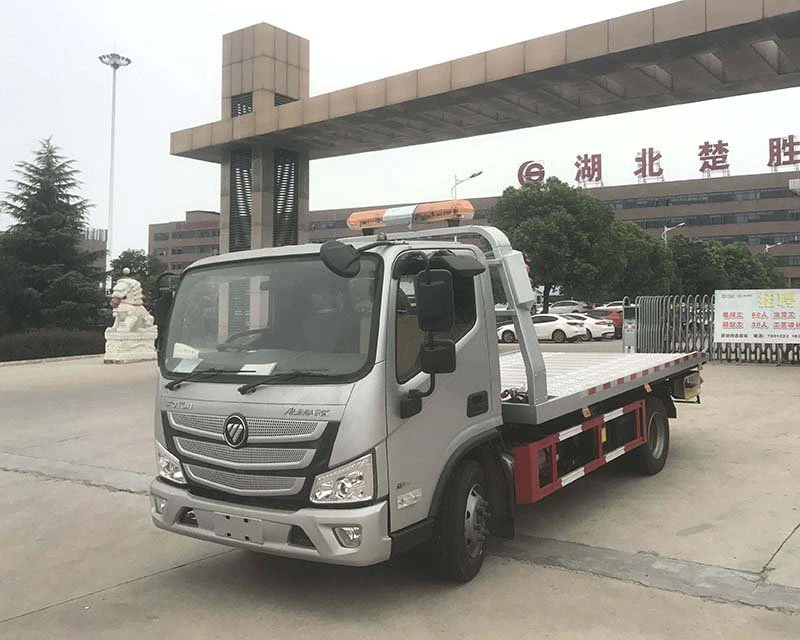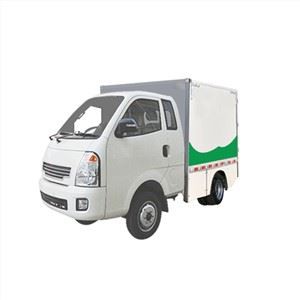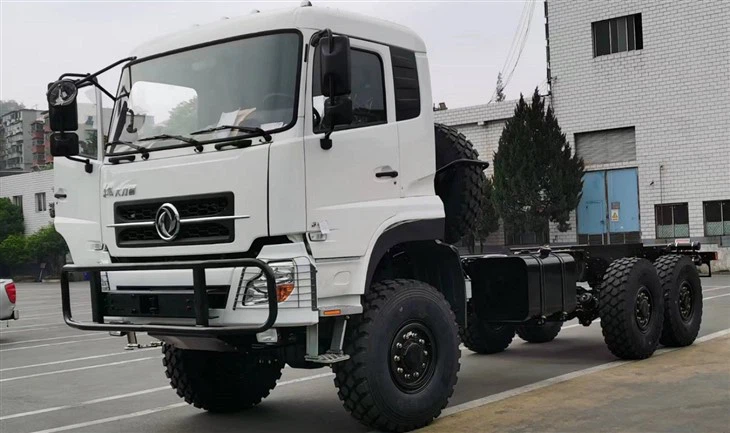Maximizing Efficiency with Used Street Sweeper Brushes: A Comprehensive Guide

Street sweeping is a vital part of urban maintenance. The equipment used for this task, especially street sweepers and their brushes, plays a crucial role. This article explores the world of used street sweeper brushes, providing extensive insights, practical examples, tips, and answers to frequently asked questions.
1. Understanding Street Sweeper Brushes
Street sweeper brushes are essential components of street sweeping machines, responsible for collecting debris, dirt, and litter from road surfaces. They come in various materials and designs tailored to specific cleaning tasks. Understanding the function and types of these brushes is crucial for effective street maintenance.
1.1 Types of Street Sweeper Brushes
Street sweeper brushes typically fall into several categories based on their design and application:

- Side Brushes: These brushes extend from the sides of the sweeper, capturing debris from gutters and edges.
- Cylindrical Brushes: Positioned on the front or rear, these brushes spin to lift and sweep debris into the collection hopper.
- Flat Brushes: Often used in combination with other brush types, these ensure a thorough clean by covering larger surfaces.
1.2 Materials Used in Street Sweeper Brushes
The effectiveness of a street sweeper brush also depends on the materials from which it’s made:
- Polypropylene: Durable and flexible, suitable for various surfaces.
- Polyester: Excellent for fine debris and soft surfaces.
- Steel Wire: Heavy-duty brushes ideal for tough jobs but may scratch delicate surfaces.
2. Benefits of Using Used Street Sweeper Brushes
Investing in used street sweeper brushes can bring numerous benefits to municipalities and contractors alike:
- Cost Savings: Used brushes are significantly cheaper than new ones, providing budget relief.
- Sustainability: Reusing brushes reduces waste and promotes environmental responsibility.
- Immediate Availability: Used options are often immediately available, allowing for quick repairs and maintenance.
3. Sourcing Used Street Sweeper Brushes
Finding reliable sources for used street sweeper brushes is critical for ensuring quality and performance.
3.1 Where to Buy Used Brushes
- Online Marketplaces: Websites like eBay, Craigslist, and specialized industrial equipment sites.
- Local Dealers: Equipment dealers often have a stock of used parts, including brushes.
- Auction Sites: Equipment auctions can yield excellent deals on used brushes.
- Direct from Municipalities: Local governments sometimes sell surplus parts, including brushes, at auctions.
3.2 Evaluating Quality of Used Brushes
Before purchasing used street sweeper brushes, it’s essential to evaluate their condition to ensure longevity and optimal performance:
- Visual Inspection: Check for wear and tear, fraying bristles, or structural damage.
- Material Check: Assess whether the brush material is still effective; for instance, polypropylene may degrade over time.
- Brand Reputation: Stick to reputable brands known for producing durable brushes.
- Seller Reviews: Research seller reviews and ratings before making a purchase.
4. Maintenance Tips for Used Street Sweeper Brushes
To maximize the lifespan of used street sweeper brushes, proper maintenance is essential. Below are some helpful tips:
4.1 Regular Cleaning
After each use, clean the brushes to remove collected debris and prevent bristle damage.
4.2 Inspection
Conduct frequent inspections to identify early signs of wear or damage and replace brushes when necessary.
4.3 Storage
Store brushes indoors and in a dry place to avoid rust and degradation of materials.

5. Practical Examples of Used Street Sweeper Brushes in Action
Understanding how used brushes can be effectively utilized in street maintenance provides valuable insights:
5.1 Case Study: Municipality A
Municipality A switched to used street sweeper brushes and realized a 30% cost reduction in maintenance expenditures. They sourced good quality brushes from an auction, regularly maintained them, and successfully reduced litter on urban roads.
5.2 Case Study: Contractor B
Contractor B opted for used brushes for a large-scale project. They integrated cylindrical brushes into their sweepers, achieving efficient debris collection without significant delays, which enhanced productivity by 20%.
6. Environmental Impact of Using Used Brushes
The decision to use used street sweeper brushes also has positive environmental implications, contributing to sustainable practices in urban maintenance.
6.1 Reduction in Waste
By reusing brushes, less waste ends up in landfills, promoting a cleaner environment.
6.2 Lower Carbon Footprint
Using existing materials minimizes the need for new products, thus reducing energy consumption in manufacturing.
7. How to Properly Dispose of Old Brushes
When the time comes to dispose of used street sweeper brushes, it’s important to do so responsibly:
- Recycling: Check if the brush materials can be recycled locally.
- Local Waste Programs: Inquire about municipal pick-up of heavy equipment for responsible disposal.
- Donating: Consider donating usable brushes to local organizations or schools for maintenance work.
8. Alternatives to Used Street Sweeper Brushes
While used brushes are an excellent option, there are also alternative solutions:
8.1 New Brushes
For those willing to invest in longevity, new brushes typically come with warranties and are built for durability.
8.2 Brush Rentals
Renting brushes for short-term projects is a viable option for those who can’t justify a purchase.
8.3 Brush Restoration Services
Consider professional restoration services that can refurbish worn brushes, extending their life without the need for new purchases.
9. FAQ Section

9.1 What are the average costs of used street sweeper brushes?
The cost of used street sweeper brushes varies widely but can range from $50 to $300 depending on the type and condition.
9.2 How can I tell if a used street sweeper brush is still effective?
Check for intact bristles, minimal structural damage, and that the material retains its flexibility.
9.3 Can I use used brushes on all types of street surfaces?
Not all brushes are suitable for every surface. Always choose a brush based on the specific requirements of the street type.
9.4 How often should I replace my street sweeper brushes?
Replacement frequency depends on usage but generally, brushes should be evaluated every 200 working hours.
9.5 Are there specific brands known for their quality used brushes?
Brands like Tennant, Schwarze, and Elgin are recognized for their durable brushes and are often available in the used market.
9.6 What should I do if I receive defective used brushes?
If you receive defective brushes, check the return policy with the seller. Many reputable sellers offer returns or exchanges for unsatisfactory products.
10. Conclusion
Understanding, sourcing, and maintaining used street sweeper brushes effectively is not just a cost-saving measure but also an environmentally responsible choice. By following the insights provided in this article, municipalities and contractors can ensure efficient street maintenance and contribute positively to urban cleanliness.
